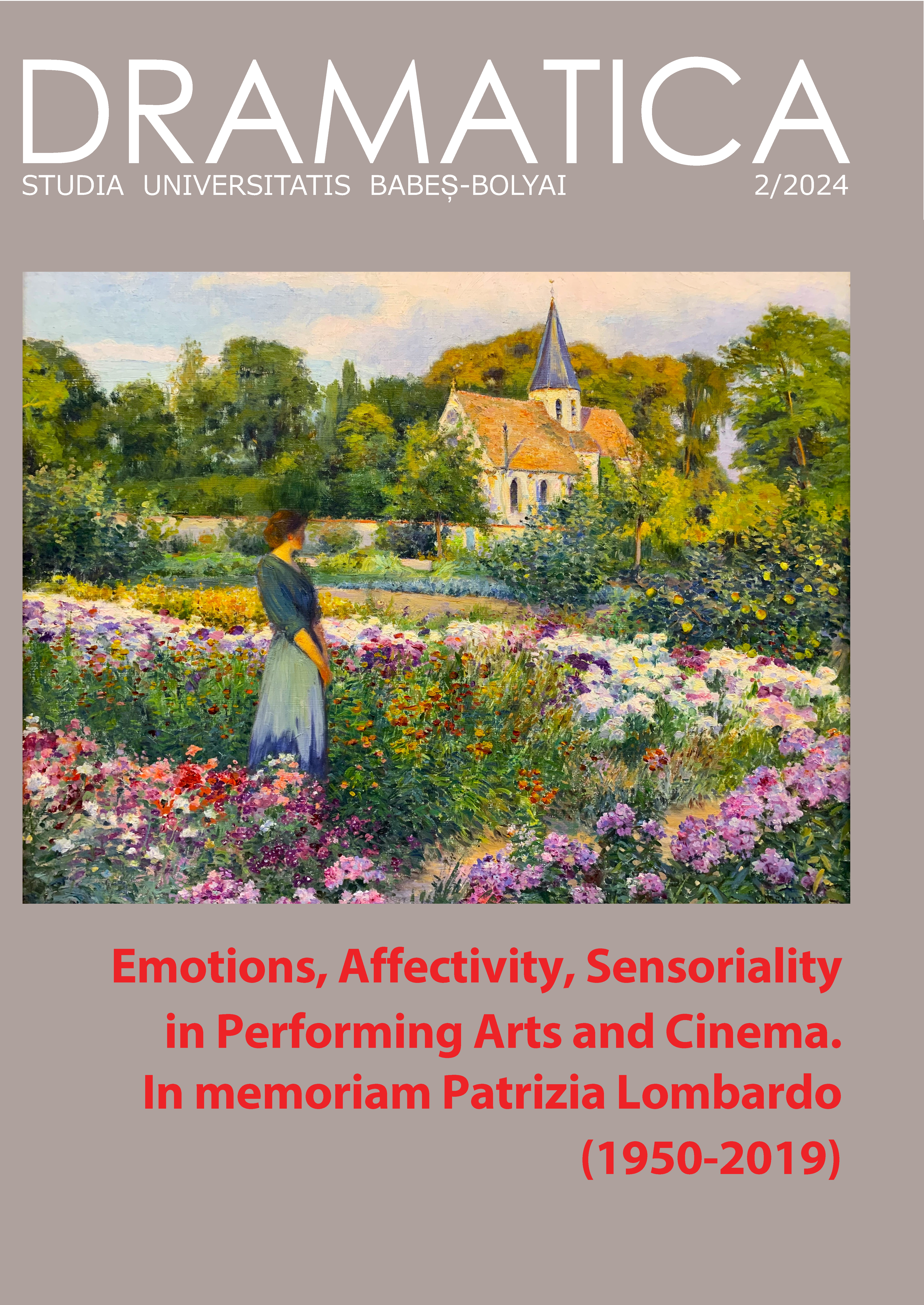Absorption and Theatricality in the Staging of Contempt: Flaubert, Baudelaire, Huysmans
DOI:
https://doi.org/10.24193/subbdrama.2024.2.02Keywords:
contempt, emotions, Flaubert, Bovary, Baudelaire, Huysmans, dandyismAbstract
Drawing on two categories suggested by art historian Michael Fried – absorption and theatricality –, this article suggest a specification relative to how we feel and express a particular emotion: contempt. To better understand the distinction between absorbed and distanced contempt, and all the emotional consequences that ensue, three specific and contrasting examples taken from Flaubert, Baudelaire and Huysmans are analysed here.
References
Balzac, Honoré de. The Girl with the Golden Eyes, transl. Peter Collier. Oxford: Oxford University Press, 2012.
Baudelaire, Charles. The Painter of Modern Life, trans. P.E. Charvet. London: Penguin Classics, 1972.
Barbey d’Aurevilly, Jules. Premier mémorandum : 1837. Paris: Alphonse Lemerre, 1900.
De Sousa, Ronald. “Is Contempt Redeemable?”, Journal of Philosophy of Emotions, vol. 1, Issue 1 (Winter 2019): 23-43.
Flaubert, Gustave. Madame Bovary, transl. Eleanor Marx-Aveling. New York: Pocket Library, 1959.
Flaubert, Gustave. The Dictionary of Accepted Ideas, transl. Jacques Barzun. New York: New Directions Paperbook, 1966.
Fried, Michael. Courbet’s Realism. Chicago: The University of Chicago Press, 1990. Huysmans, Joris-Karl. Against Nature, transl. Robert Baldick. Baltimore: Penguin Books, 1959.
Stendhal. The Red and the Black, transl. Horace B. Samuel. New York: Barnes and Nobles Classics, 2005.
Downloads
Published
How to Cite
Issue
Section
License
Copyright (c) 2024 Studia Universitatis Babeș-Bolyai Dramatica

This work is licensed under a Creative Commons Attribution-NonCommercial-NoDerivatives 4.0 International License.


